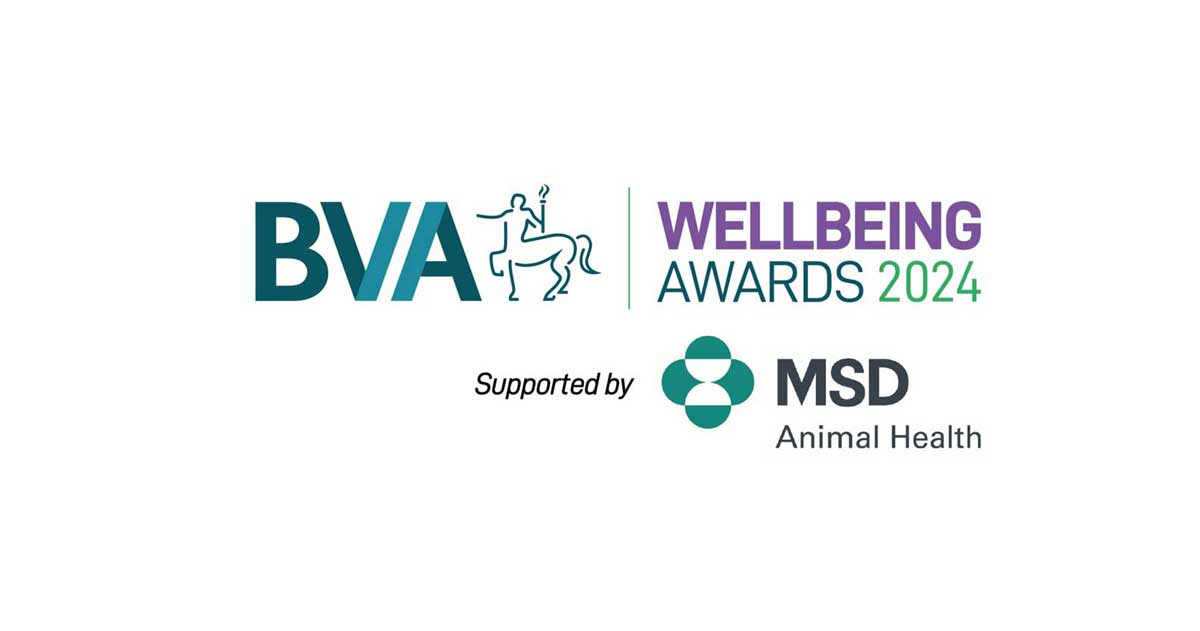
A senior vet has said a revised risk assessment on Brucella canis is “really game-changing” in shaping the sector’s handling of the disease.
Delegates attending a London Vet Show discussion on the issue also heard further work was now underway that will influence decisions on whether tighter import restrictions are introduced.
But concerns were also raised that the profession’s collective response to rising case numbers had been too slow.
The 16 November session was told that nearly 200 cases of the disease had been recorded in the UK since 2020, compared to just three before then.
Two incidents of human transmission have also been confirmed in the UK, the latest within the findings of a revised Human Animal Infections and Risk Surveillance group (HAIRS) risk assessment published in September.
However, that report also concluded the probability of human infection was low even for people who are more likely to be exposed to the bacteria, such as veterinary professionals.
Threat
CVS Group chief veterinary officer Paul Higgs argued that represented a significant step forward for the professions in how they respond to the threat posed by the disease.
Although the debate also heard there had been wide variation in practices’ responses to the threat, there has been widespread unease among the owners of imported dogs who are believed to account for nearly all confirmed cases about euthanasia being the only treatment option offered in many instances.
But, although he acknowledged it would still need to be discussed with owners and health and welfare decisions would continue to be individual ones, Mr Higgs said: “We can move away from that now.”
Meanwhile, the UK’s deputy CVO, Eleanor Brown, revealed work was now underway on a further assessment of the risk posed to dogs by the disease.
Future decisions
Although no indication was given of how long the work would take, Miss Brown said it would inform future policy decisions on areas such as tighter import controls.
There have been repeated calls from within the profession for the introduction of compulsory pre-import tests, and European Scientific Counsel Companion Animal Parasites guidelines director Ian Wright said they were essential to prevent the disease from becoming established in the UK.
He also suggested the measures would ease the pressure currently being experienced by charities who wanted to test dogs for the disease despite the lack of supporting infrastructure such as accredited laboratories.
He added: “It’s very difficult to ask them to do the right thing without a proper framework.”
False positives
Meanwhile, Mr Higgs said the risk of false positive findings was understood, but argued that testing did allow vets to protect themselves, their staff and pet owners alike, adding: “If we don’t know, we can’t protect.”
But Miss Brown said any decision on the issue would need to determine the process through which tests were conducted, as well as the question of whether they should take place at all.
She also faced criticism from a delegate who claimed his practice in north-east Scotland had not received appropriate support from officials in dealing with the disease.
He said his practice had identified four B canis cases in the past year and questioned whether the debate was taking place a year too late.
He added: “I think the profession as a whole has been too slow responding to this.”
Progress
But, while Miss Brown emphasised the extent of the challenges posed by both COVID and avian influenza, Mr Wright argued the HAIRS report did indicate significant progress.
He said: “It hasn’t been a year of doing nothing. We now have a complete report. Rushed evidence is poor evidence. Rushed advice is bad advice.”
Meanwhile, BVA junior vice-president Liz Mullineaux, who chaired the session, said her organisation is developing a joint-policy position on the disease in conjunction with the BSAVA, BVNA and SPVS. The policy is expected to be published in the new year.
Credit to: Revised Brucella canis report described as ‘game-changing’ (Vet Times)
Vet Times. (2023). Revised Brucella canis report described as ‘game-changing’ [online]
Available at: https://www.vettimes.co.uk/news/revised-brucella-canis-report-described-as-game-changing/





